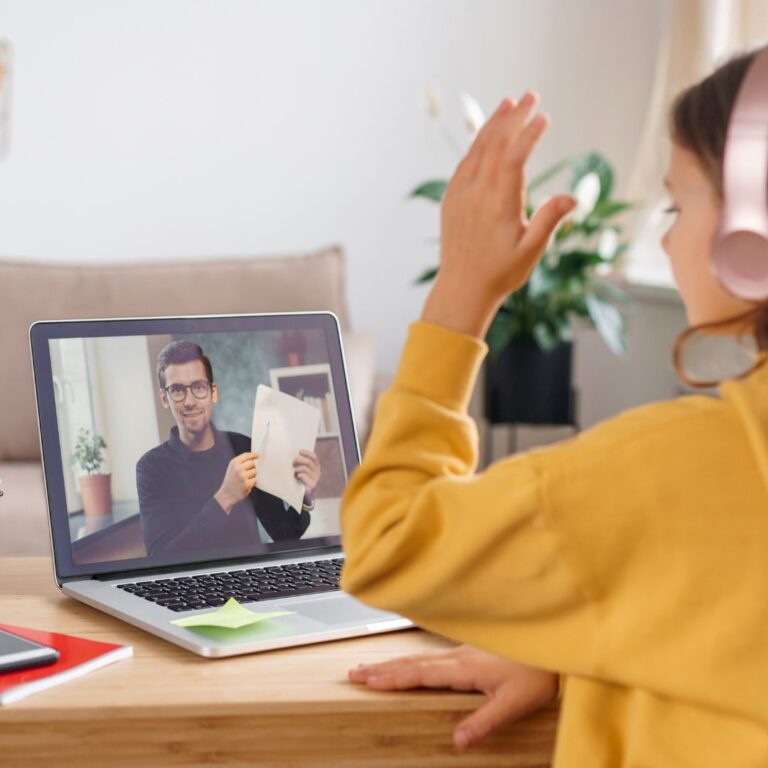The traditional one-size-fits-all approach to education is slowly giving way to a new era of personalized learning. This revolutionary approach tailors education to individual student needs, learning styles, and goals. Fueled by technology and a growing understanding of cognitive science, personalized learning has the potential to transform the educational landscape.
Why Personalized Learning?
Every student learns differently. Some students grasp concepts quickly, while others benefit from a more hands-on approach. Traditional classrooms often struggle to cater to these diverse learning styles. Personalized learning addresses this by:
- Identifying Individual Needs: Through assessments and data analysis, educators can pinpoint each student’s strengths and weaknesses.
- Tailoring Instruction: Curriculum and teaching methods can be customized to address individual needs. This could involve using adaptive learning platforms, incorporating project-based learning, or offering one-on-one support.
- Empowering Students: Personalized learning fosters a sense of ownership in the learning process. Students take an active role in setting goals and choosing learning activities.
The Role of Technology
Technology plays a vital role in facilitating personalized learning.
- Adaptive Learning Platforms: These platforms use algorithms to adjust the difficulty and content of learning materials based on a student’s performance.
- Educational Games and Simulations: Interactive and engaging games can make learning more fun and effective.
- Learning Management Systems: These systems allow educators to track student progress, provide feedback, and share resources.
The Benefits of Personalized Learning
- Improved Student Engagement: When learning is relevant and caters to their individual needs, students are more likely to be engaged and motivated.
- Enhanced Learning Outcomes: Personalized learning can lead to a deeper understanding of concepts and improved academic performance.
- Developing Lifelong Learners: Personalized learning fosters a love of learning and equips students with the skills to become independent, self-directed learners.
Challenges and Considerations
While personalized learning offers significant benefits, there are challenges to consider. Implementing personalized learning effectively requires professional development for educators and ensuring equitable access to technology for all students.
The Future of Education
Personalized learning is not a silver bullet, but it represents a significant shift towards a more student-centered approach to education. As technology continues to evolve and our understanding of learning deepens, personalized learning has the potential to create a more effective and engaging learning experience for all students.

